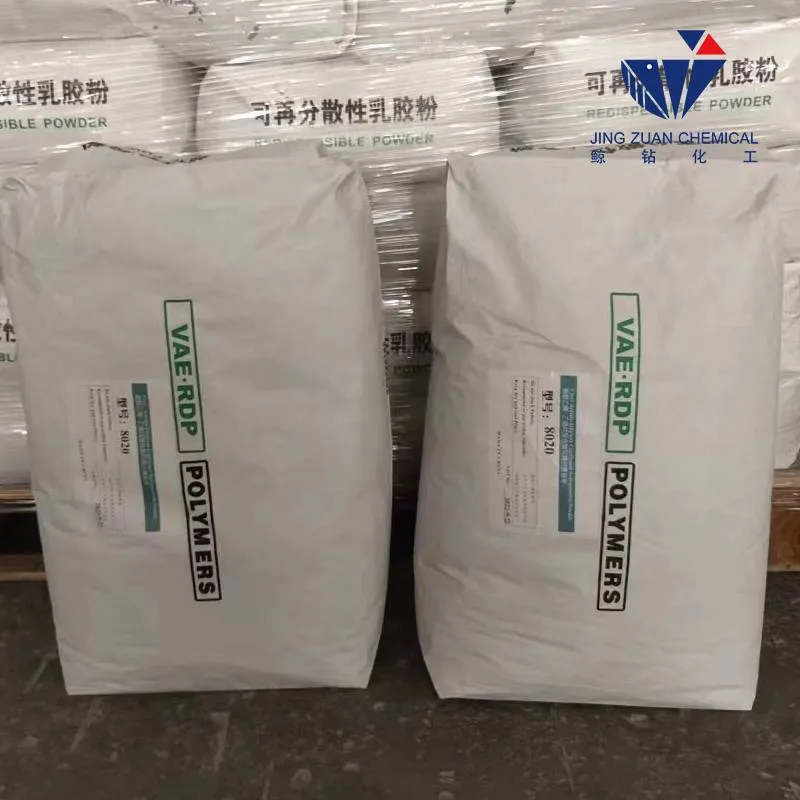
Там . 17, 2024 12:24 Back to list
Exploring the Applications and Benefits of HPMC in Various Industries
The Use of HPMC Applications and Benefits
Hydroxypropyl Methylcellulose (HPMC) is a versatile and widely utilized cellulose derivative that has found its applications across various industries, including pharmaceuticals, food, cosmetics, and construction. Its unique properties such as solubility in water, thickening ability, film-forming capacity, and non-ionic nature make it a valuable ingredient in numerous formulations.
Pharmaceutical Applications
In the pharmaceutical industry, HPMC is primarily used as an excipient in the formulation of tablets and capsules. In solid dosage forms, HPMC serves as a binder and a disintegrant, aiding in the proper release of active pharmaceutical ingredients (APIs). Its ability to form gels and provide sustained release makes it an excellent choice for controlled-release medications. HPMC's biocompatibility and non-toxic nature are vital qualities that ensure the safety and efficacy of medicinal products. Additionally, it is used in ophthalmic formulations as a lubricating agent, providing relief for dry eyes.
Food Industry Usage
HPMC is widely employed in the food industry as a thickening agent, emulsifier, and stabilizer. It enhances the texture and mouthfeel of various food products, such as sauces, dressings, and ice creams, by providing a smooth and creamy consistency. Moreover, HPMC is used in gluten-free and low-calorie food products as a substitute for gluten, helping to improve the structure and shelf life of these formulations. It helps maintain moisture and freshness in baked goods, making it a favored additive for enhancing food quality.
Cosmetic and Personal Care Products
use of hpmc

In the realm of cosmetics and personal care, HPMC is used in formulations of lotions, creams, and gels. Its thickening and film-forming properties allow for improved texture and stability, ensuring that products maintain their desired consistency over time. HPMC contributes to the ease of application and spreadability of products on the skin. Additionally, it acts as a moisturizer, helping to retain water in the skin, which is crucial for maintaining hydration and enhancing the overall feel of the product.
Construction Industry Applications
The construction industry has also recognized the benefits of HPMC as a crucial additive in cement-based products. HPMC improves the workability and adhesion of mortars, concrete, and tile adhesives. Its water-retaining properties prevent quick drying, allowing for better curing and ultimately enhancing the durability of construction materials. Furthermore, HPMC reduces the risk of shrinkage cracks in plaster and renders, making it an essential component in modern construction practices.
Environmental and Safety Considerations
HPMC is derived from natural cellulose, making it biodegradable and environmentally friendly. Its non-toxic nature also makes it a safe choice for a variety of applications, including those in sensitive areas such as food and pharmaceuticals. The use of HPMC conforms to regulatory standards across numerous sectors, ensuring that it meets safety and quality benchmarks.
Conclusion
In summary, Hydroxypropyl Methylcellulose (HPMC) is an essential ingredient with a multitude of applications across diverse industries. Its unique properties offer significant benefits, ranging from enhancing product stability and performance to improving consumer enjoyment and safety. As industries continue to evolve and seek more effective and sustainable solutions, the role of HPMC is likely to expand, reinforcing its place as a key component in the formulation of modern products.
-
Unlocking the Benefits of HPMC Products: A Gateway to Versatile Applications
NewsAug.07,2025
-
Unleashing the Potential of HPMC Ashland: A Comprehensive Look
NewsAug.07,2025
-
Tile Bonding Cellulose: The Key to Superior Adhesion and Durability
NewsAug.07,2025
-
Hydroxypropyl Methylcellulose Powder: The Versatile Component in Modern Pharmaceuticals
NewsAug.07,2025
-
Hydroxyethyl Cellulose: The Versatile Solution for Various Industries
NewsAug.07,2025
-
Hydroxyethyl Cellulose (HEC): The Versatile Polymer for Various Applications
NewsAug.07,2025







